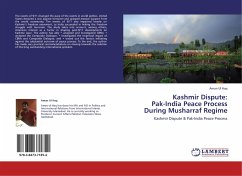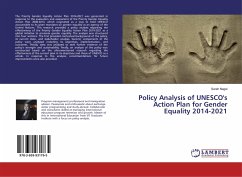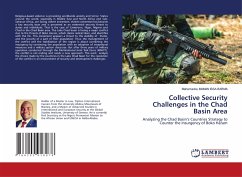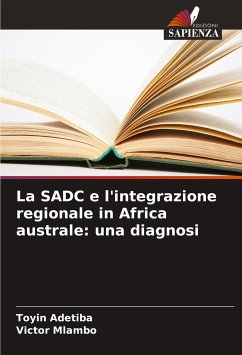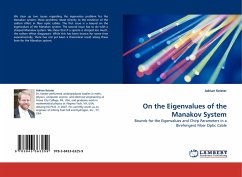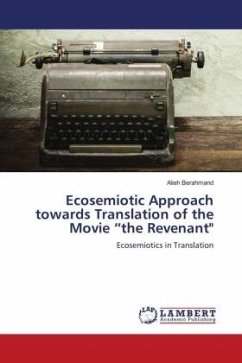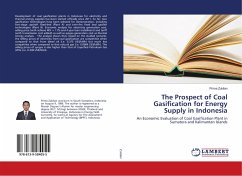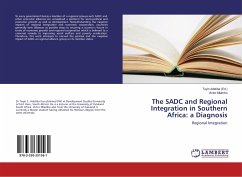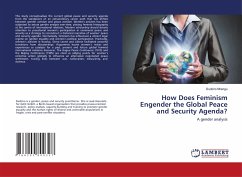
How Does Feminism Engender the Global Peace and Security Agenda?
A gender analysis
Versandkostenfrei!
Versandfertig in 1-2 Wochen
26,99 €
inkl. MwSt.

PAYBACK Punkte
13 °P sammeln!
This study conceptualises the current global peace and security agenda from the standpoint of an extraordinary career path that has shifted between gender activism and peace activism. Women's activism has been subjected to astute gender analysis over-time, placing feminist histography at the centre of international relations. Modern scholarship should devote attention to precolonial women's participation in communal peace and security as a strategy to reconstruct a historical narrative of women' peace and security agenda. Normatively, feminism has influenced a vibrant legal regime on gender eq...
This study conceptualises the current global peace and security agenda from the standpoint of an extraordinary career path that has shifted between gender activism and peace activism. Women's activism has been subjected to astute gender analysis over-time, placing feminist histography at the centre of international relations. Modern scholarship should devote attention to precolonial women's participation in communal peace and security as a strategy to reconstruct a historical narrative of women' peace and security agenda. Normatively, feminism has influenced a vibrant legal regime on gender equality and women's political participation. Practically, women's activism in Kosovo, Sierra Leone and Liberia facilitated peaceful transitions from dictatorships. Arguments locate women's voices and experiences as catalysts for a past, present and future global feminist international relations discourse. The Hague Peace Conference (1915) and the Beijing Conference (1995) are cited as rallying points for women's collective action globally to influence an alternative negotiated peace settlement, tracing links between war, nationalism, masculinity, and violence.



